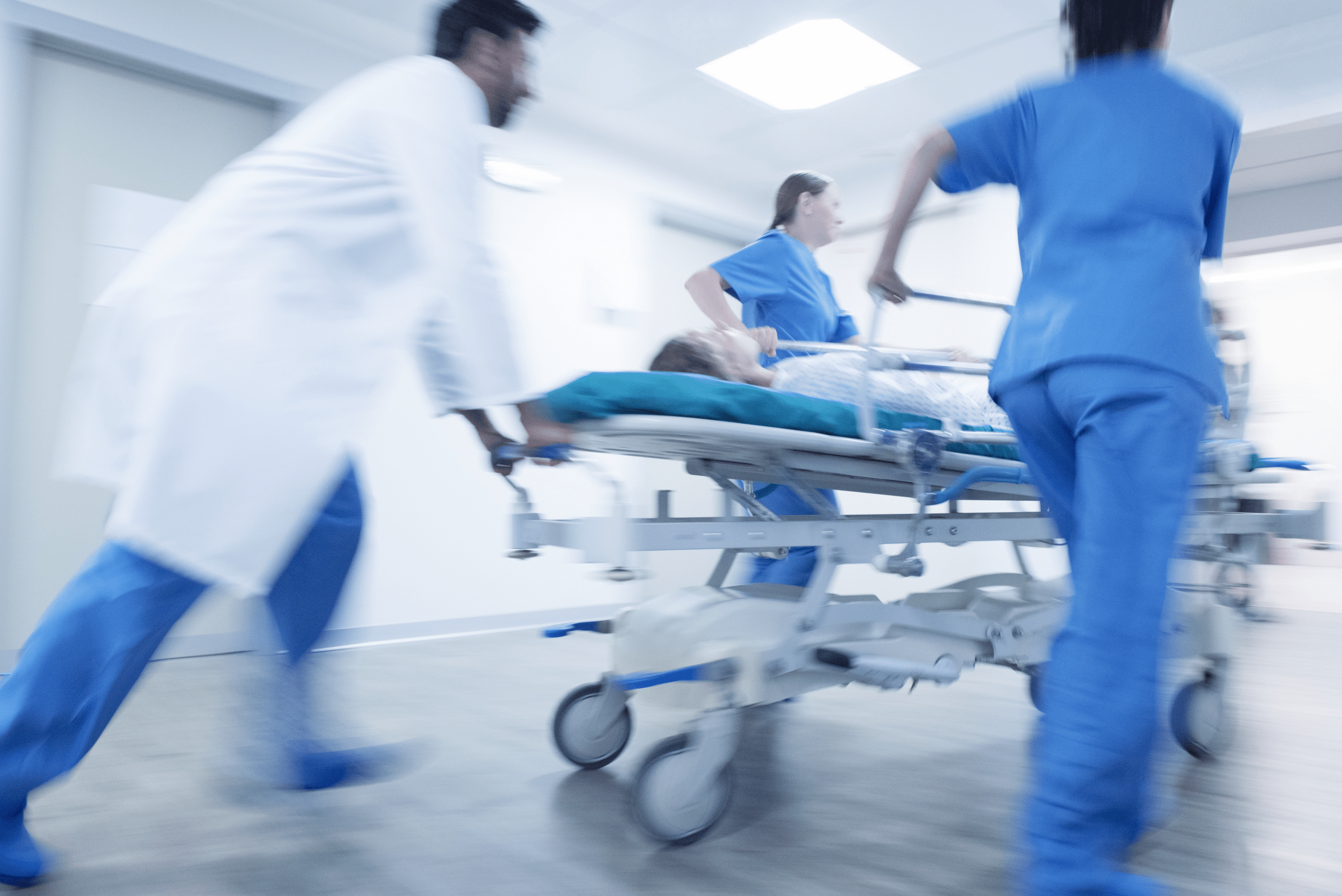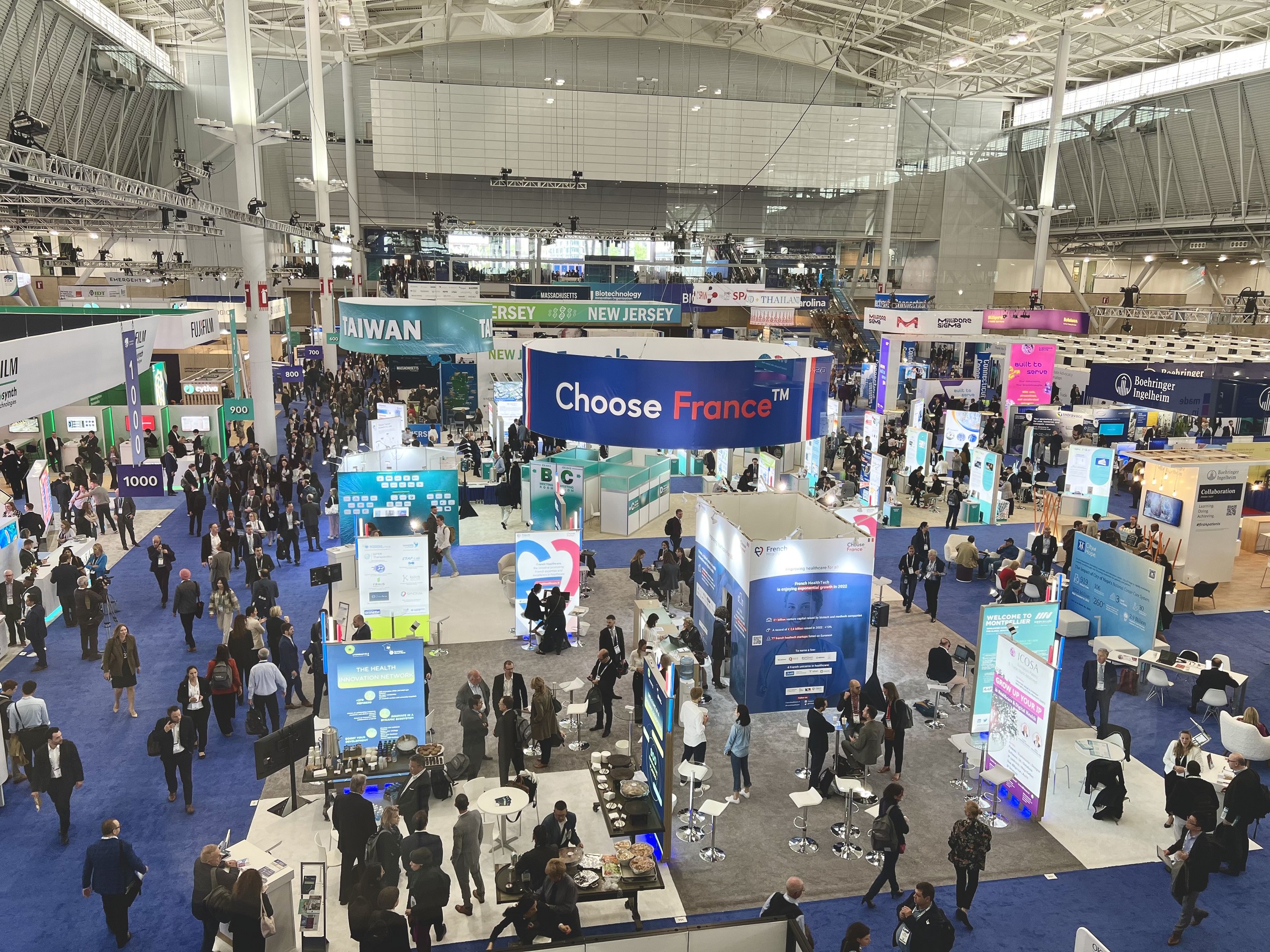The first operation of its kind in France carried out at the Bordeaux University Hospital is, according to Professor Jean-Benoît Thambo, Head of the Pediatric and Congenital Cardiology Department at the Bordeaux University Hospital Center, “the first phase of the medicine of tomorrow.”
On April 5, 2022, two patients, one pre-adolescent and one young adult, became the first in France to be fitted with a new biodegradable prosthesis, designed to close the atrial septal defects that they were suffering from. The interventional catheterization procedure took around fifteen minutes.
Atrial septal defects (ASD) are among the most common congenital cardiac malformations. They are the result of a hole between the two atria of the heart. Although it may be benign at the outset, this malformation can lead to complications later on, such as rhythm disorders or heart failure.
Just twenty years ago ASD closure required open-heart surgery. It is now treated using catheterization, via the femoral vein. Traditional prostheses are made of a nickel-titanium alloy and polymeric membranes to ensure the seal. The prosthesis stays in the patient’s body for the rest of their life. It is colonized by the patient’s tissue in a few months.
“The treatment of these heart defects is becoming less and less invasive and the majority of them are now treated without surgery. The use of new materials capable of reducing inflammatory reactions and even infections is a challenge for tomorrow, that starts with this type of procedure,” Professor Jean-Benoît Thambo, Head of the Pediatric and Congenital Cardiology Department of the Bordeaux University Hospital Center.
The new device, the reSept prosthesis, contains no metal and half of its components are biodegradable. It will therefore be “digested” by the heart and the patient’s tissues, thus reducing the presence of foreign bodies. “This biocompatible material is adapted to the body, and will be able to evolve and, in future perhaps, grow with the patient,” Professor Thambo said, enthusiastically. The procedure of endovascular occlusion of ASDs, however, remains the same.
This prosthesis was developed by a Swiss laboratory, atHeart Medical, which contacted the Bordeaux University Hospital Center as part of a development study.
The hospital establishment has a research team that has an international reputation for its innovative works with this type of device, in the area of complex congenital cardiology.





